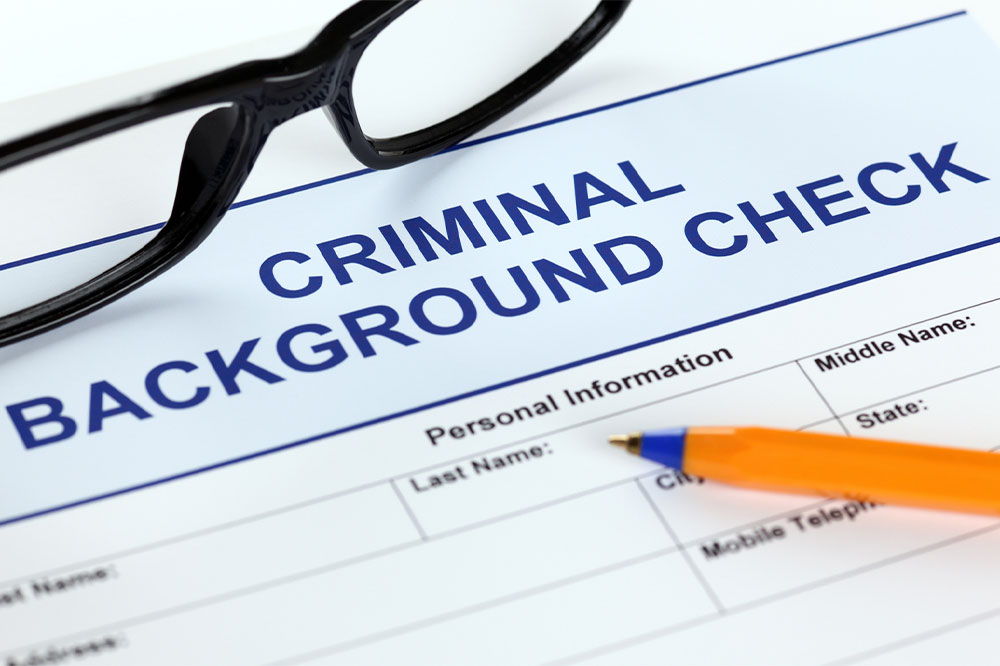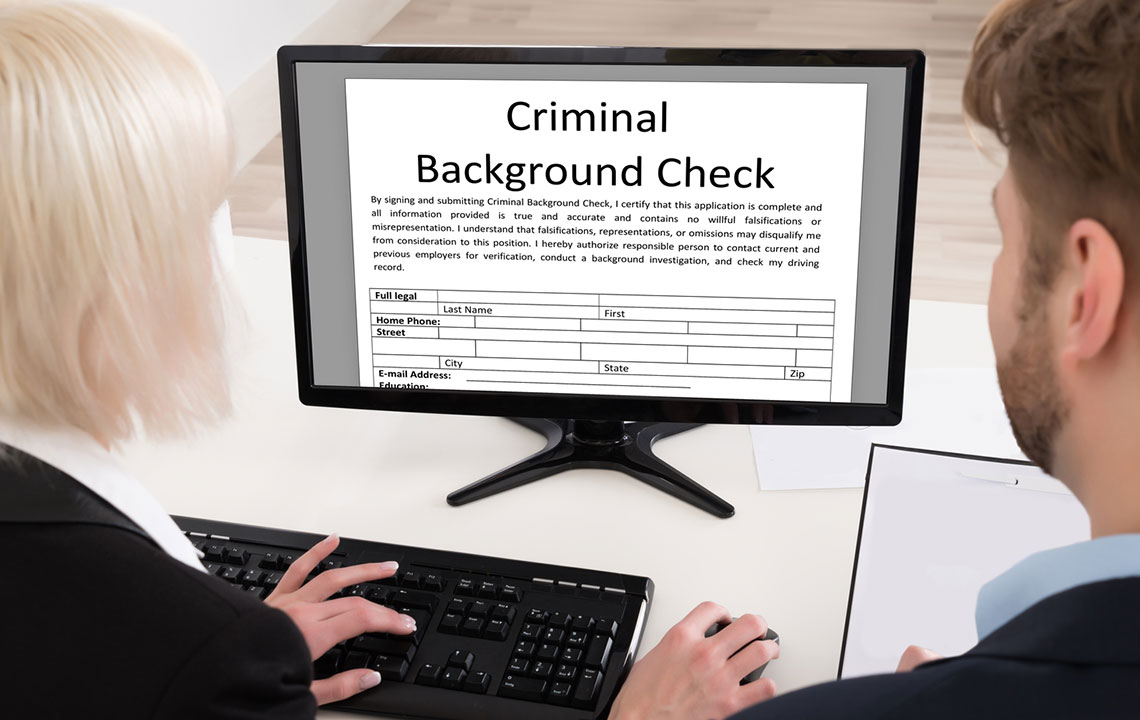Guide to Checking and Managing Your Criminal History
Learn how to access, review, and manage your criminal history effectively. This guide explains the different types of records, how to obtain your FBI background check, and ways to rehabilitate your record. Stay informed to protect your future and ensure transparency in employment and legal matters.
Sponsored

If you're considering examining your criminal record, understanding the types of records is essential. There are three categories: sealed, expunged, and public. Sealed and expunged records are restricted and accessible only by law enforcement or courts, while public records are open to everyone.
Difference Between Sealed and Expunged Records
Expungement effectively deletes all arrest or conviction records, making them indistinguishable from records of someone never apprehended. Sealed records, however, hide the information from public view but aren't permanently erased; with a court order, they can be reviewed. Laws vary by jurisdiction.
To access your criminal record, contact the relevant agency. For sealed and expunged records, you'll need to request court authorization. Public records can usually be obtained through police departments or federal agencies like the FBI.
Here are steps to obtain your FBI criminal record online:
Step 1
Visit the official Electronic Criminal History website for Identity Record Checks.
Step 2
Follow instructions to fill out the form, provide fingerprints, pay fees, and submit your request. You can track your status online and receive results electronically.
If mailing your request, send it to: FBI CJIS Division – Summary Request, 1000, Custer Hollow Road, Clarksburg, WV 26306. Alternatively, authorized private companies can expedite the process for US citizens by submitting requests on your behalf, though they typically do not handle employment or licensing inquiries. If no record exists, you'll be notified. You can also challenge and correct inaccurate information.
How to Clear a Criminal Record
Completely erasing all criminal charges is nearly impossible. However, efforts such as securing employment, engaging in rehabilitation programs, and staying out of trouble can improve your profile. Demonstrating stability and responsibility helps rebuild trust and showcases your commitment to change.
Participation in specialized rehab programs tailored for ex-offenders can support reintegration and demonstrate a sincere effort to reform. These initiatives offer resources and guidance necessary for starting anew.
Background checks are often part of employment screening, especially for roles in education, government, finance, healthcare, and IT sectors. For example, teaching positions or government jobs typically require clear background histories, disqualifying individuals with violent or sexual offense records.
Understanding your criminal record is vital for your career, housing, and education prospects. When in doubt, reviewing your record helps identify errors and takes control of your narrative. Stay proactive, informed, and take steps toward a better future today.





